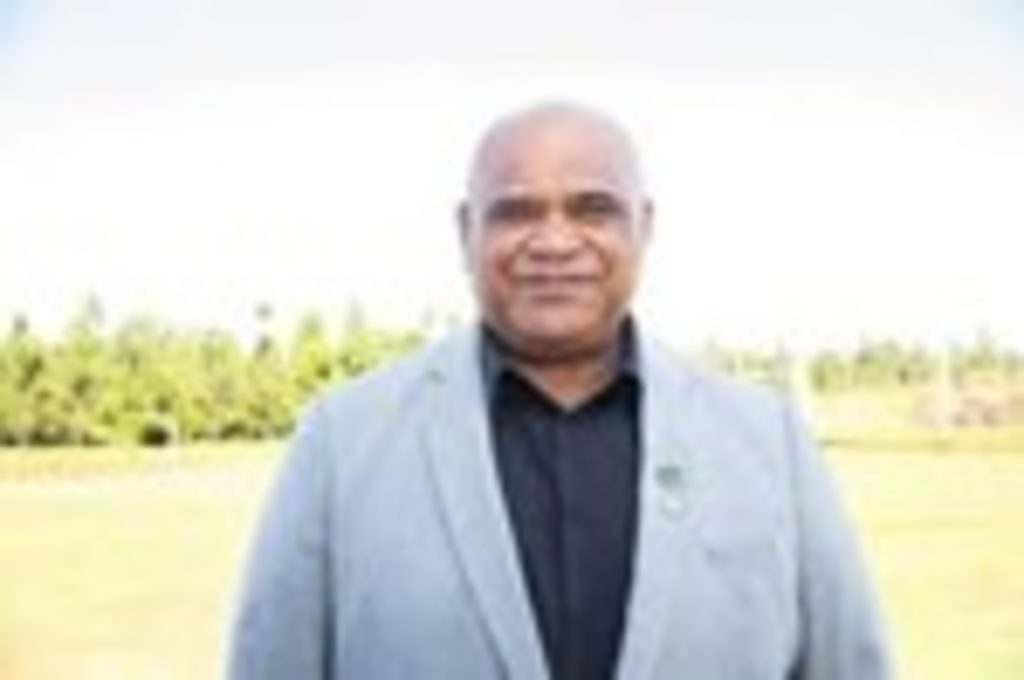Tropik Wood Industries Limited executive chairman Ratu Rakuita Vakalabure said the primary impact of global tariff wars on the company was the creation of market uncertainty, prompting the firm to take decisive action.
Speaking at the Top Executive (TOPEX) Conference in Nadi yesterday, Mr Vakalalabure acknowledged the general economic impact, noting that tariffs cut profits and diminished productivity.
Mr Vakalabure said that the company had not felt the impact when the early announcements came in regarding the US tariffs.
“The biggest challenge is the uncertainty created by these announcements,” he said.
Mr Vakalbure said the company had to now commit to new markets.
“Tropik had [to make] a decision on whether or not to enter the Mahogany export market in late 2023, early 2024, and now we are in the business. We are exporting Mahogany.”
Mr Vakalabure said that while tariffs are a hindrance, the more damaging concerns are the non-tariff barriers.
“These are the ones that are going to be a greater hindrance to exports in the future.”
On whether the timber sector could help Government achieve its goal of increasing exports and becoming a high-income country, Mr Vakalalabure said the industry could but is being hampered by slow regulatory approvals and a lack of infrastructure.
The question was posed by Fiji Commerce and Employers Federation Trustee Jenny Seeto.
Mr Vakalabure confirmed the sector had the potential to contribute to increasing that five per cent GDP growth target.
He highlighted a current partnership with the government to harvest long-standing pine in maritime areas, hindered by major obstacles, including poor coordination in government processes which prevented supply from meeting market demand.
“I’ve been stuck close to Udu point, trying to extract pine. EIA (Environmental Impact Assessment) took forever,” he said.
“Decision making on evaluation of fisheries damage took forever. Now I’ve more or less given up.”
The former Member of Parliament estimated that there are over 500,000 hectares of available land that could be utilised, but this needed infrastructure.
“There’s got to be roading, crossings and with clear positioning of infrastructure by the government, critical in these areas.”



